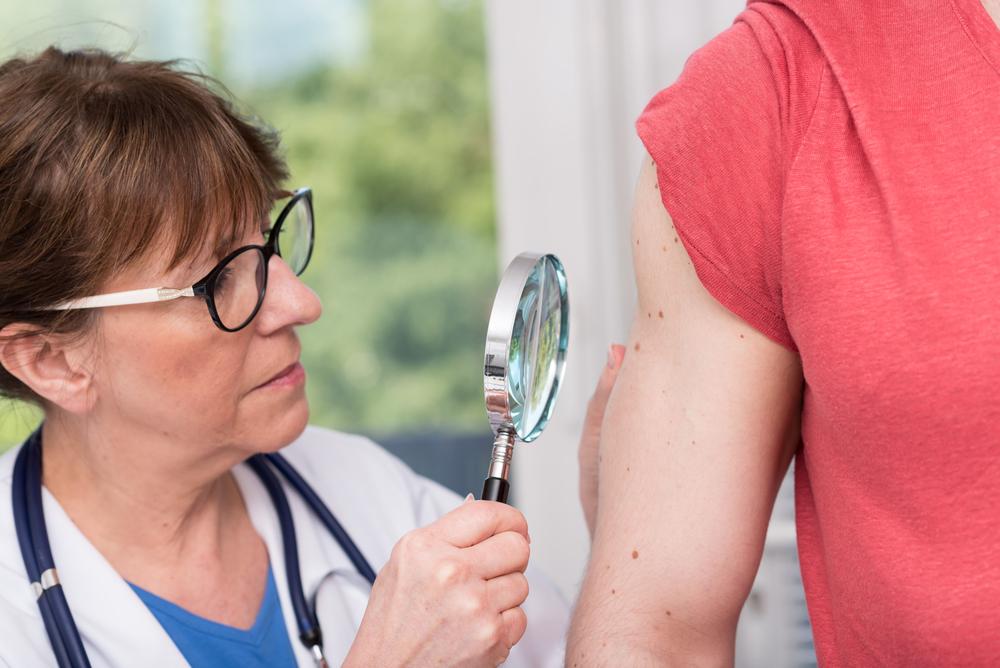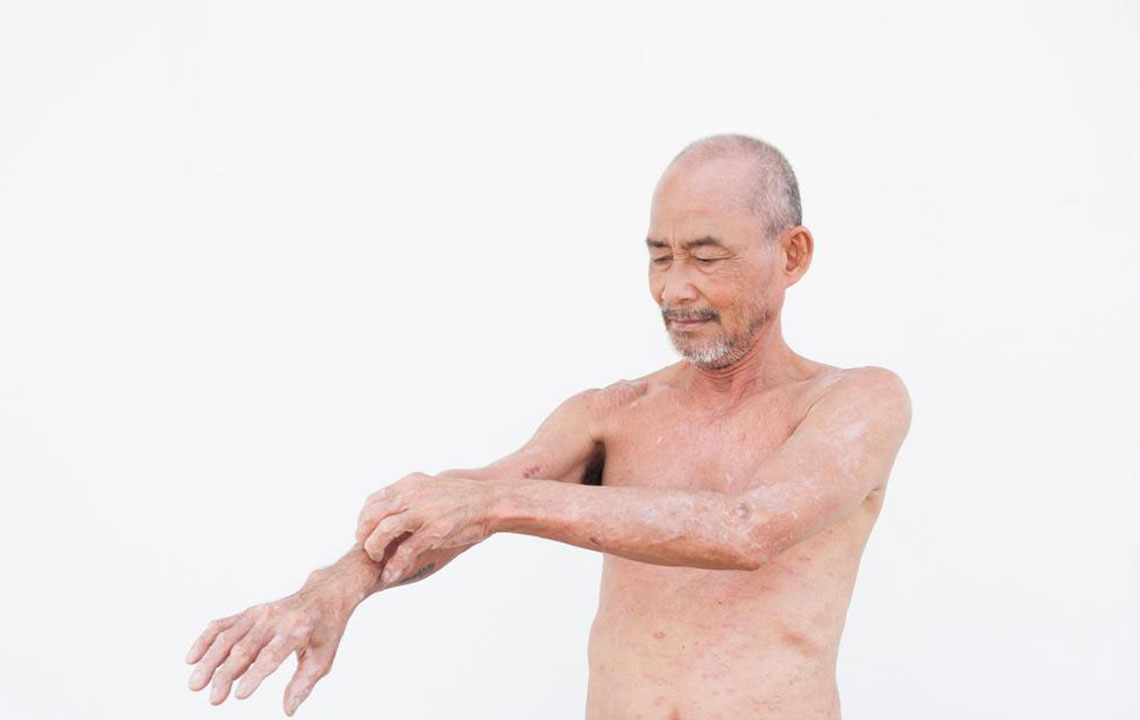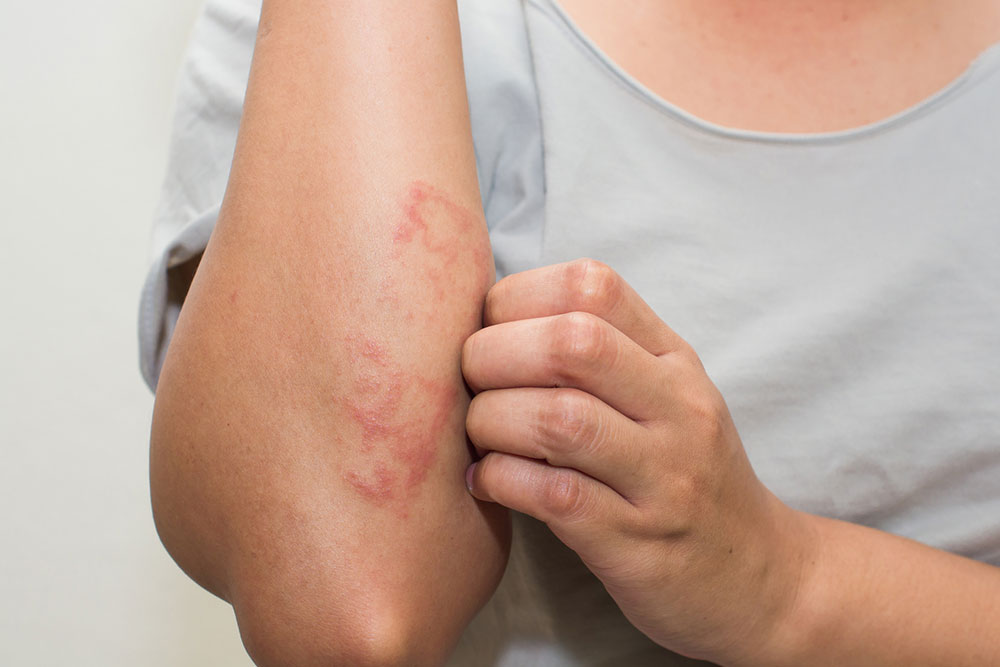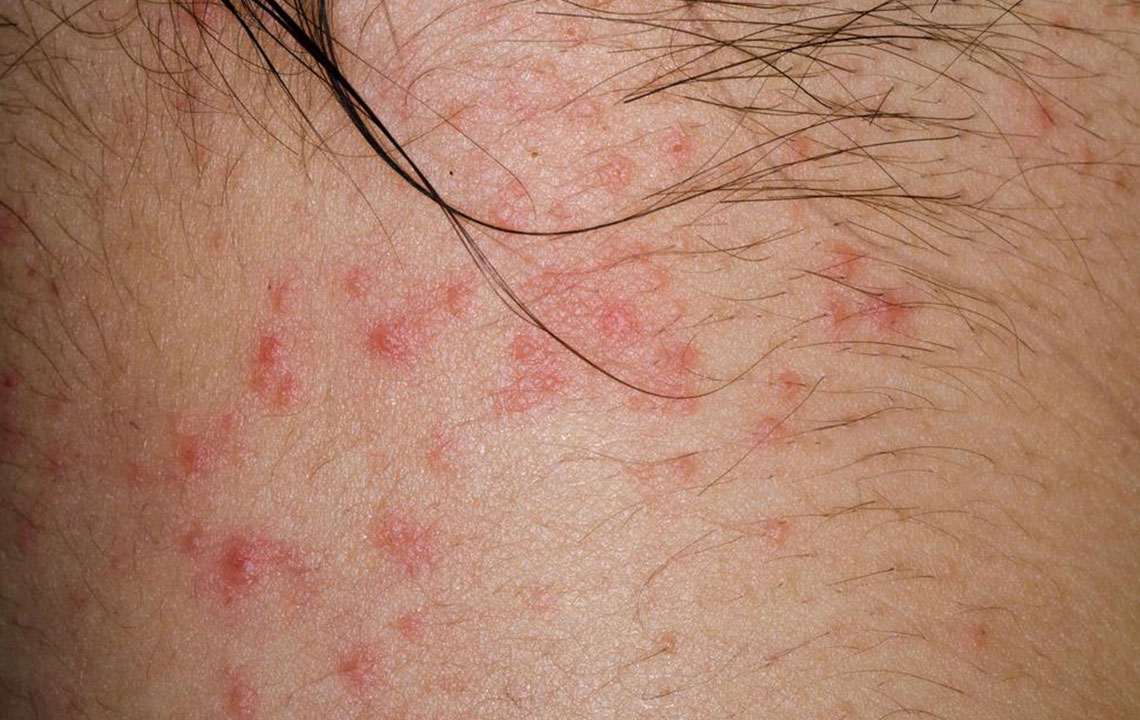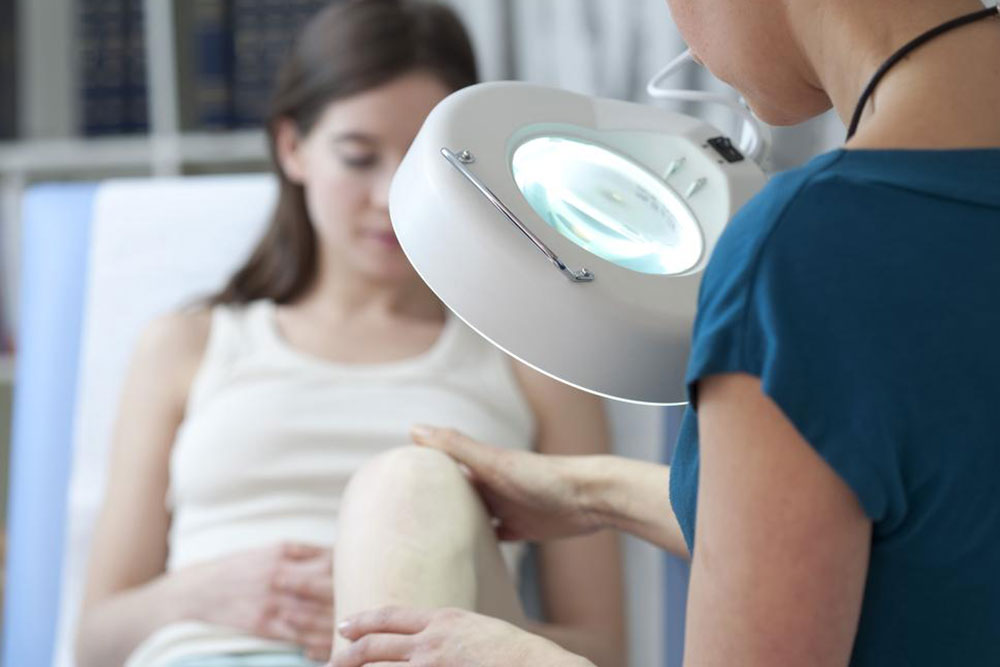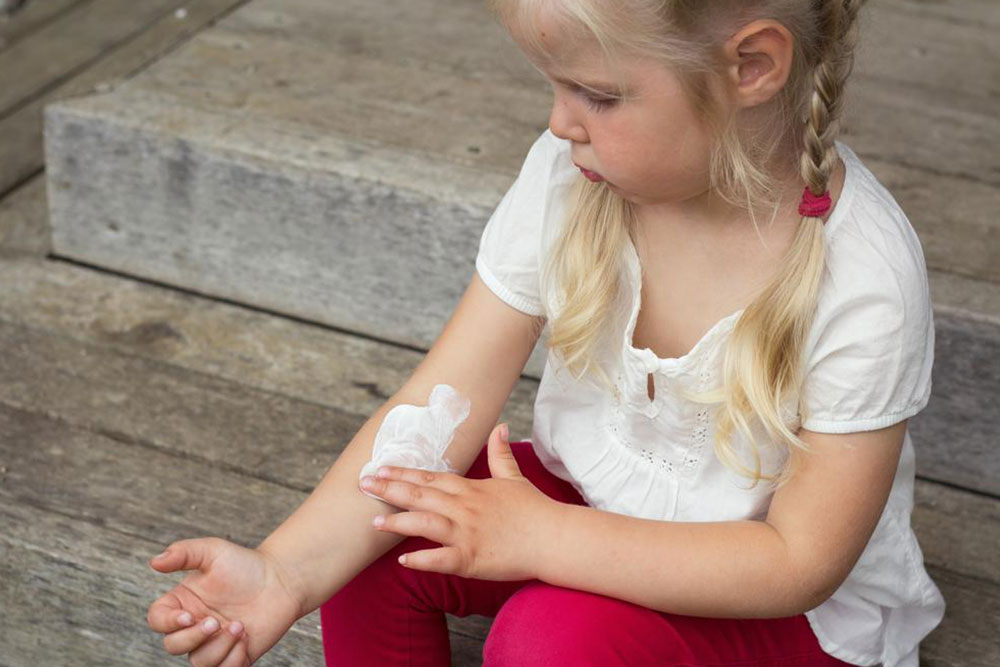Comprehensive Guide to Managing Eczema
This guide provides essential insights into eczema, including causes, symptoms, diagnostic options, and effective lifestyle strategies. Early detection and proper skin care can significantly manage flare-ups. Consult a dermatologist for personalized treatment. Learn how to safeguard your skin with simple tips to reduce symptoms and improve quality of life.

Comprehensive Guide to Managing Eczema
Eczema, also known as atopic dermatitis, is a chronic skin disorder resulting in red, inflamed, rough, and blistered patches.
The development of eczema can be linked to genetic factors or environmental triggers. Common environmental contributors include harsh soaps, shampoos, microbial exposure, and extreme weather conditions like heat and humidity. Hormonal fluctuations, especially during menstrual cycles or pregnancy, can also play a role.
Experiencing one symptom doesn't necessarily mean you have eczema. However, if multiple symptoms appear, it's crucial to see a dermatologist promptly.
Early diagnosis is vital for effective management. Persistent dryness, skin sensitivity, fluctuating rashes, intense itching, dark patches, and swelling are common eczema signs. If you suspect eczema, consult an allergist for testing. Diagnostic methods include:
Patch Testing - Skin patches are applied to identify allergic reactions.
This helps determine specific skin allergies.
Skin Prick Test - Allergens are injected into the skin to observe reactions.
Food Elimination Tests - Certain foods are removed and reintroduced to identify food allergies.
While no cure exists, lifestyle adjustments can improve skin health and reduce flare-ups. Committing to these practices can lead to significant relief:
Take regular warm baths at scheduled intervals.
Use gentle, dermatologist-approved soaps.
Pat dry your skin gently instead of rubbing.
Avoid activities that cause excessive sweating.
Employ humidifiers in dry or cold environments.
Opt for fragrance-free, minimal-chemical moisturizers.
Select hypoallergenic detergents and avoid irritating fabrics.
Bathe in lukewarm water to prevent skin drying.

